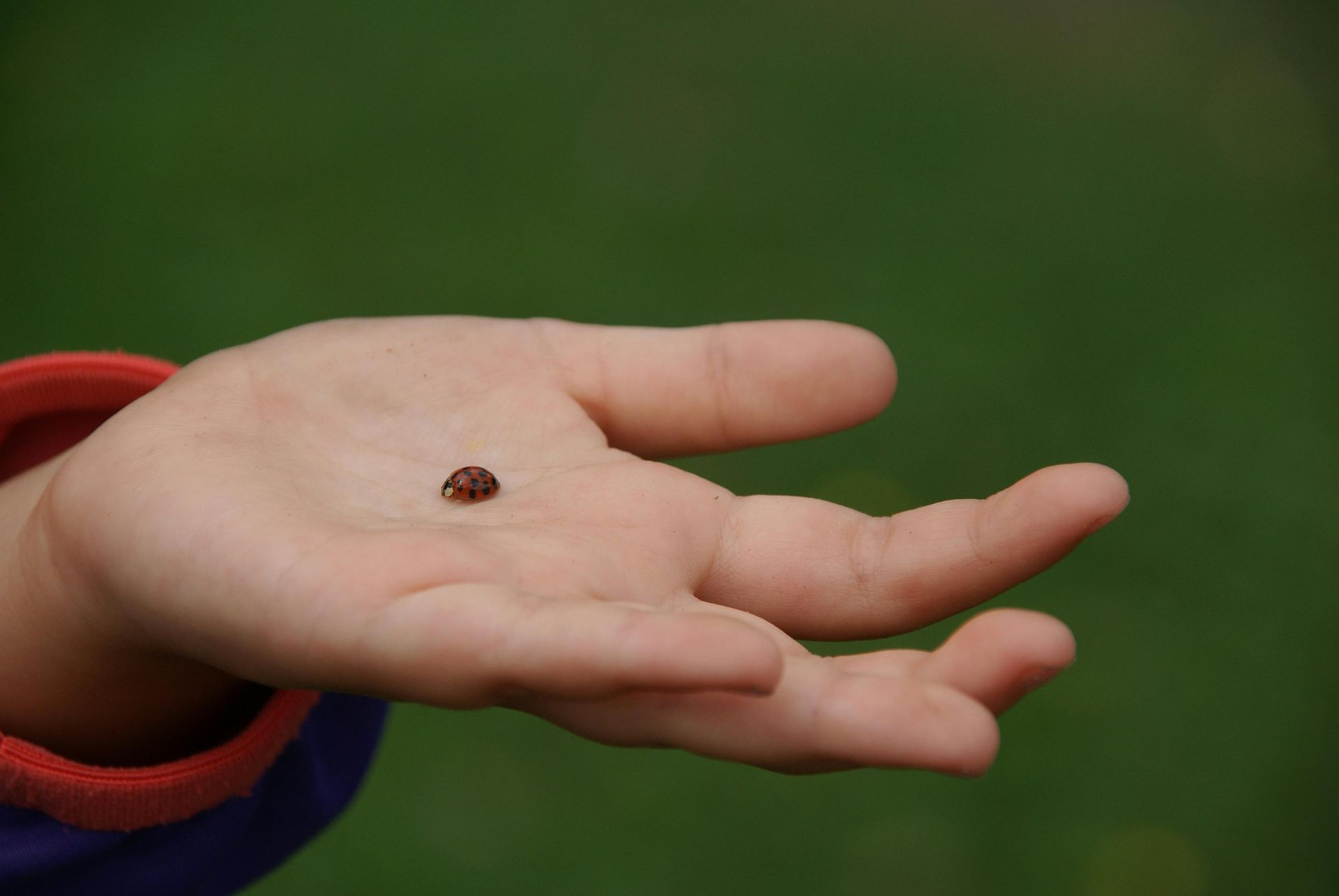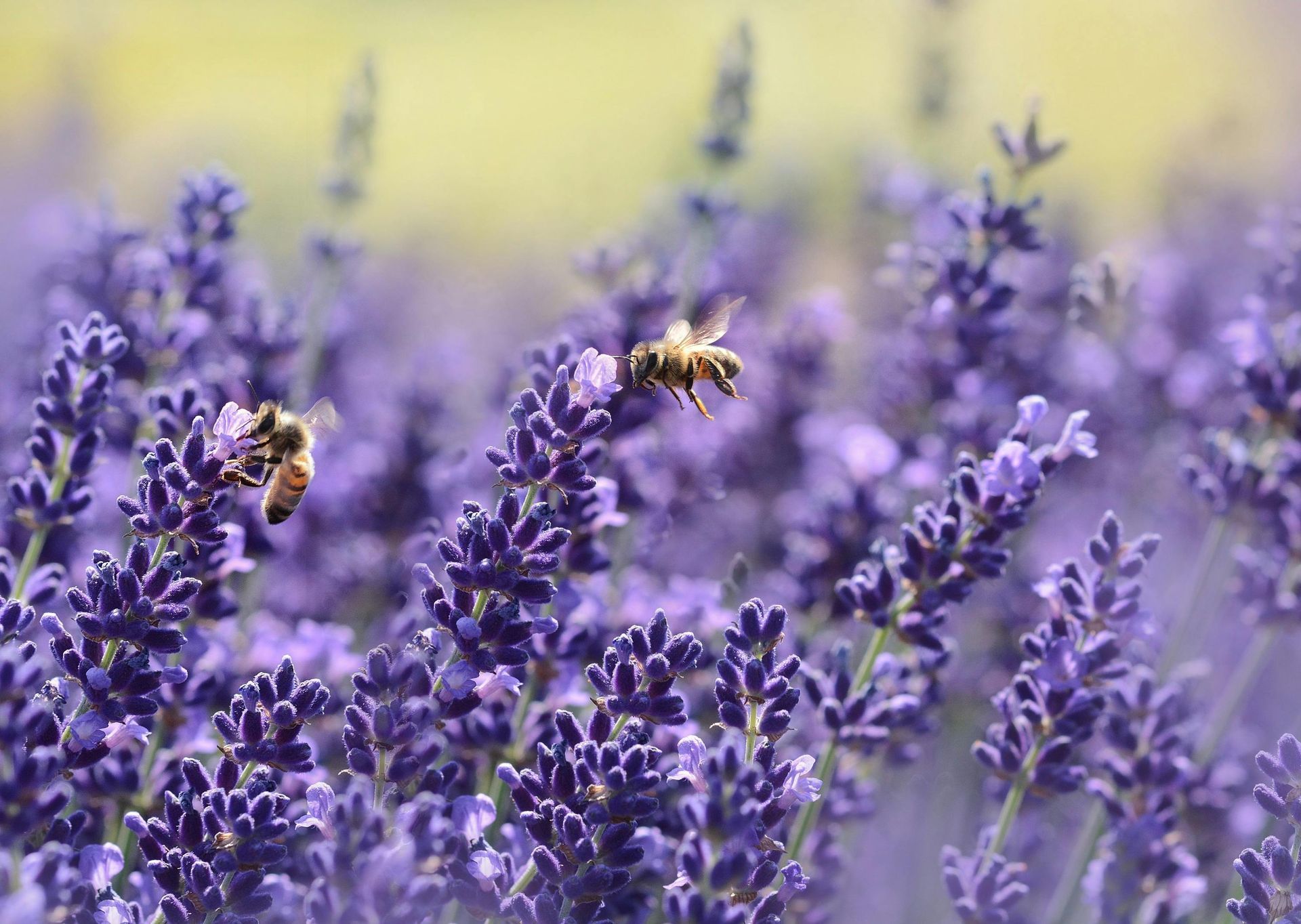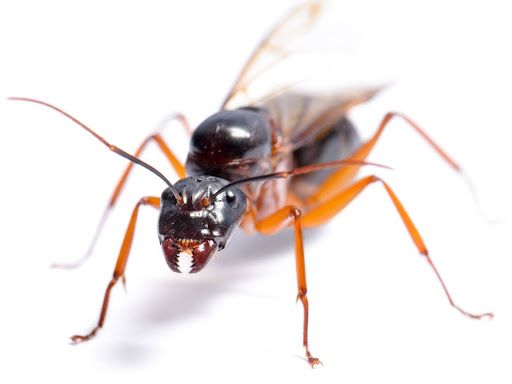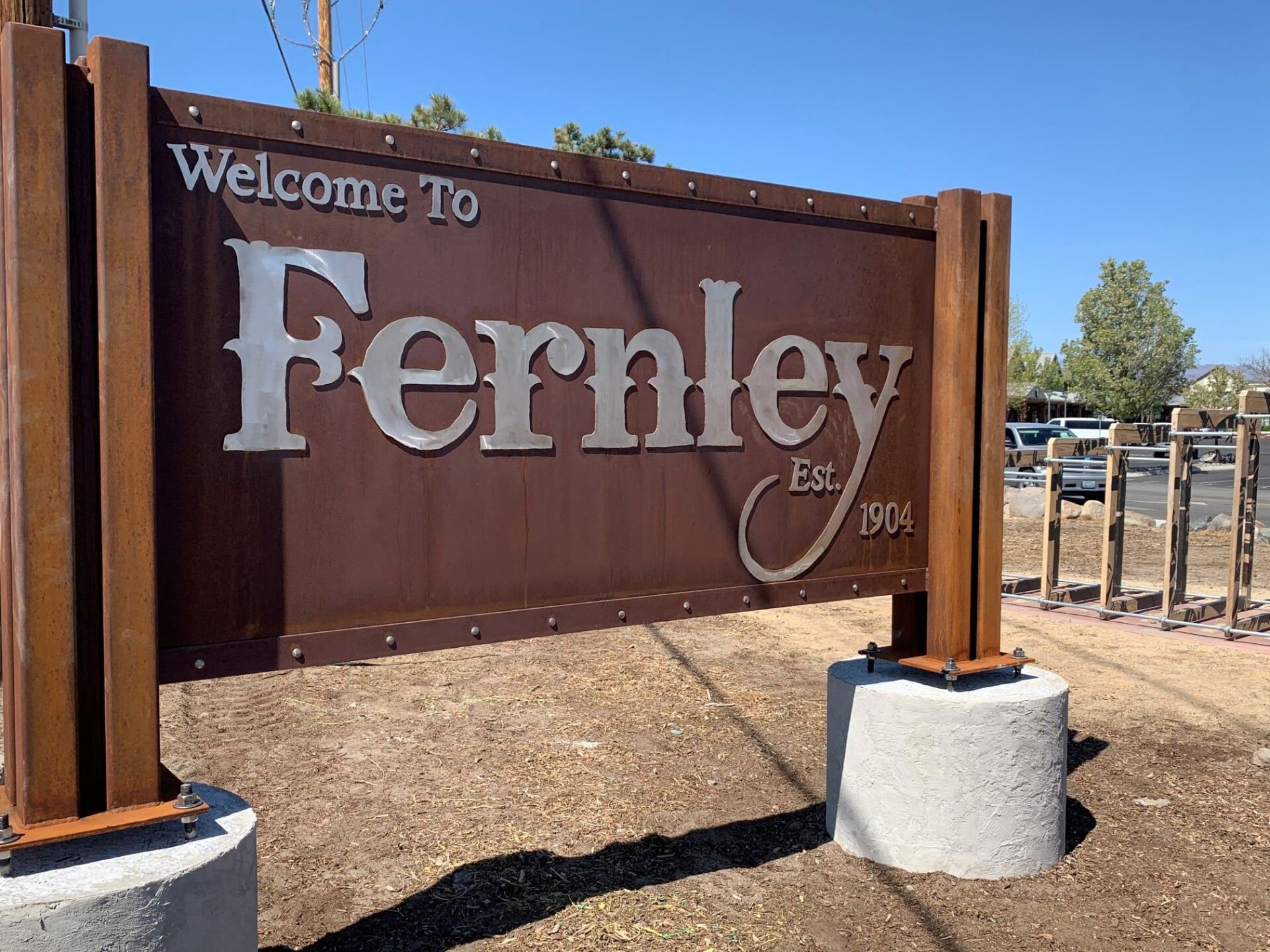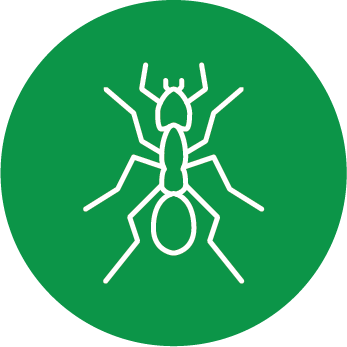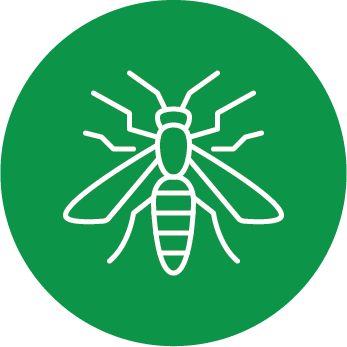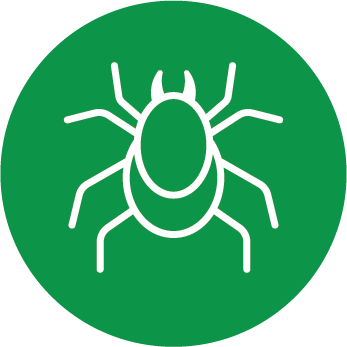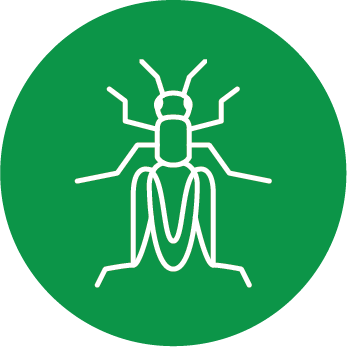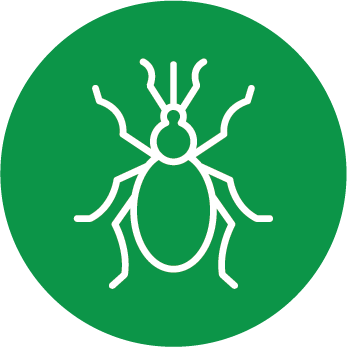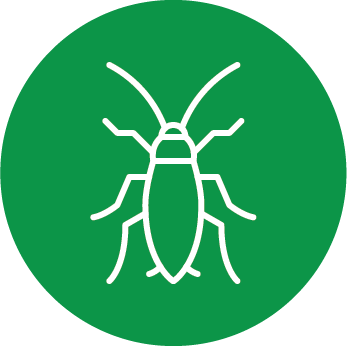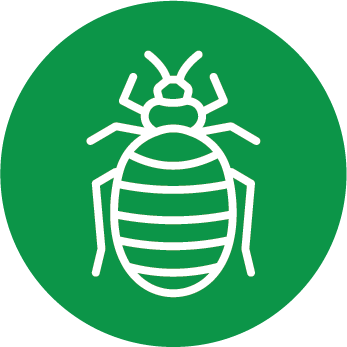April 6, 2025
Raising a generation of environmentally conscious children is vital for the future of our communities and the health of our planet. By teaching kids how to manage pests with eco-friendly approaches, we can equip them to become responsible stewards of the environment. These lessons not only foster respect for all living creatures but also inspire practical problem-solving skills and an appreciation for nature’s balance. Below, we’ll explore the benefits of introducing sustainable pest control principles to children, suggest engaging activities in Reno and Boise, and highlight community programs that make learning about green practices fun. Early Education Children absorb knowledge rapidly, and the lessons they learn in their formative years often stay with them for life. Early education about eco-friendly pest control can empower kids to make informed decisions about the environment as they grow older. Students who engage in environment-based education perform better on standardized tests than those who do not. These findings suggest that coupling environmental awareness with core academic subjects builds both knowledge and critical thinking skills, setting up future generations for long-term success. Teaching children about the relationships between insects, animals, plants, and humans helps them recognize that every species has a role to play in maintaining ecological balance. When they see firsthand how certain pests can be managed without relying solely on harsh solutions, they begin to appreciate the power of preventive measures and thoughtful strategies. This awareness promotes a deep sense of responsibility and empathy, traits that are essential for building sustainable communities. Engaging Activities in Reno and Boise Hands-on experiences not only capture children’s interest but also encourage them to ask questions, think creatively, and make real-world connections. In Reno, families can explore the Terry Lee Wells Nevada Discovery Museum, where interactive exhibits often emphasize science and nature, fueling curiosity about subjects like insects and habitats. Seasonal workshops, camps, or special events provide opportunities for children to learn about living organisms, fostering a respect for local ecosystems. Boise, famously known as the “City of Trees,” offers the MK Nature Center , where children can observe fish, birds, and insects in their natural habitats. Educational programs highlight the importance of gentle, sustainable interactions with wildlife. Children can witness how local flora supports the area’s unique biodiversity, reinforcing the idea that when we protect habitats, we also reduce the need for drastic pest control measures. Such eye-opening experiences cultivate a strong sense of place and ecological awareness. Creative Crafts and Eco-Learning Art and craft projects provide a fun gateway to learning about eco-friendly pest control. For example, children can paint pictures of beneficial insects, such as ladybugs or praying mantises, to understand their role in keeping harmful pest populations in check. By creatively depicting plant life, kids see how healthy, robust flora can naturally deter pests. These small projects establish a positive association with eco-friendly practices, showing that caring for gardens and outdoor spaces is a rewarding activity. Another engaging idea is to start a mini herb garden in a small container. Herbs like basil and mint produce fragrances that can help keep certain pests away. Nurturing these plants teaches children about responsibility, growth cycles, and the benefits of natural deterrents. The anticipation of seeing seedlings sprout and flourish can spark a lifelong interest in the environment and sustainable home practices. Community Initiatives Fostering Environmental Stewardship Reno and Boise communities have admirable initiatives aimed at young learners. Local conservation groups, after-school programs, and nature clubs often invite children to participate in clean-up drives, tree-planting events, and wildlife habitat restoration. These types of hands-on volunteer opportunities showcase how collective efforts can preserve ecosystems and maintain balanced pest populations. Schools sometimes partner with environmental organizations to establish garden-based learning spaces on campus. Children help plant fruits or vegetables while discovering how pollinators like bees and butterflies are crucial for a healthy harvest. Projects like these can also highlight the importance of beneficial insects, showing kids that insect diversity supports sustainable pest control. Educators in both cities work tirelessly to organize field trips, workshops, and clubs that focus on nature-friendly concepts, reinforcing the idea that small actions can have a big impact on the environment. Children’s Curiosity The path to nurturing a lasting passion for eco-friendly pest control lies in consistency. Parents, teachers, and community leaders play a significant role by finding ways to keep children engaged and informed over time. Regularly talking about nature or pointing out interesting insect behaviors can spark insightful questions, leading to deeper reflection about the world around them. Encouraging kids to keep a nature journal or document local wildlife sightings can further solidify their understanding of ecosystems, showing that environmental learning knows no bounds. When children realize they can contribute to something larger than themselves, they gain confidence and a sense of purpose. This perspective breeds the confidence to approach other environmental issues with an open mind, ultimately empowering them to find balanced solutions that benefit both people and the planet. It’s a powerful sentiment that can shape leadership qualities for years to come. A Greener Future Educating children about eco-friendly pest control reminds us that responsibility for our environment starts early. A willingness to explore science, try sustainable methods, and respect living organisms can lay the groundwork for their development into empathetic, proactive adults. Encouraging these conversations at home, in classrooms, and through community programs creates a culture where eco-friendly solutions become the norm rather than the exception. If you’d like to learn more about how we can help your family or community embrace greener ways to manage pests, reach out today. At Natura Pest Control , we believe in empowering the next generation with the knowledge and tools they need to foster a healthier, more vibrant environment—one small step at a time.
